In today’s competitive automotive landscape, a well-trained Business Development Center (BDC) can be the difference between thriving and merely surviving. For automotive dealerships looking to maximize their fixed operations potential, investing in comprehensive BDC training has become not just beneficial—it’s essential.
What is BDC Training and Why Does Your Dealership Need It?
BDC stands for Business Development Center, and it furthers the reach and productivity of a business – in this case, your dealership. BDCs handle everything from inbound calls and internet leads to customer follow-ups and appointment setting. Professional BDC training equips your team with the skills necessary to convert leads into loyal customers while supporting crucial operations including service-to-sales initiatives and customer retention efforts.
Modern dealerships are discovering that BDC training extends far beyond basic phone skills. It encompasses customer relationship management, data analysis, technology utilization, and strategic communication techniques that directly impact your bottom line.
The Measurable ROI of Professional BDC Training
The financial benefits of investing in quality BDC training are substantial and well-documented. Professional automotive BDC services deliver an 800% average return on investment within the first 90 days, with dealerships seeing 20-50 additional cars sold monthly from improved lead handling, generating $175,000+ in additional gross profit per month.
BDC training can also increase total RO dollars by 6% Year Over Year. This improvement stems from better appointment setting, enhanced customer communication, and more effective follow-up procedures that keep customers engaged throughout their ownership journey.
Core Components of Effective BDC Training Programs
Communication Skills Development
Professional BDC training focuses heavily on developing superior communication skills. Team members learn to handle various customer personalities, overcome objections, and build rapport quickly over the phone. These skills are crucial for converting internet leads and managing inbound calls effectively.
Technology Integration
Modern BDC operations rely heavily on Customer Relationship Management (CRM) systems, lead management platforms, and data analytics tools. Training programs teach staff how to leverage these technologies to track customer interactions, follow up systematically, and identify opportunities for additional services.
Sales Process Mastery
Effective BDC training shows service employees the art of selling, communication skills, customer service, and customer retention through time tested and proven sales processes. This includes learning how to qualify leads, set appointments effectively, and guide customers through the sales funnel.
Fixed Operations Integration
The development of an effective BDC requires involvement from all aspects of the dealership including fixed operations. Training programs ensure seamless coordination between BDC representatives and service departments, parts departments, and sales teams.
Specialized Training Areas for Maximum Impact
Service Appointment Setting
One of the most critical functions of a dealership BDC is managing service appointments. Training in this area focuses on understanding service requirements, scheduling efficiently, and upselling additional services when appropriate. This directly impacts customer satisfaction scores and service department profitability.
Lead Qualification and Management
Effective lead management can dramatically improve conversion rates. BDC training teaches representatives how to quickly assess lead quality, prioritize follow-up activities, and use multiple touchpoints to nurture prospects until they’re ready to purchase or schedule service.
Customer Retention Strategies
A primary benefit of an effective BDC is improved customer loyalty and retention. Training programs emphasize the importance of maintaining ongoing relationships with customers through strategic follow-up, service reminders, and personalized communication.
Implementation Best Practices for BDC Training
Customized Training Approach
Everything offered in BDC training should be customized to your dealership needs. Successful programs begin with an assessment of your current operations, identifying specific areas for improvement, and developing targeted training modules that address your unique challenges.
Ongoing Support and Development
Effective BDC training isn’t a one-time event. The best programs include ongoing coaching, performance monitoring, and regular skill updates to keep pace with changing customer expectations and technology advancements.
Comprehensive Team Development
High-intensity workshops for dealership automotive fixed operations are designed for every level of Fixed Operations Management and Leadership, as well as for Advisors, BDC Reps, Parts Personnel, and Technicians. This ensures everyone understands their role in the customer experience and works cohesively toward common goals.
Measuring Success and Continuous Improvement
Professional BDC training programs include robust metrics and analytics to track improvement. Key performance indicators include appointment show rates, conversion percentages, customer satisfaction scores, and revenue per opportunity. Regular performance reviews ensure training objectives are being met and identify areas for additional development.
The Future of BDC Training in Automotive Retail
As the automotive industry continues to evolve with digital retailing and changing customer preferences, BDC training must adapt accordingly. Modern programs now include social media engagement, text messaging protocols, and omnichannel communication strategies to meet customers wherever they prefer to interact.
The most successful dealerships recognize that BDC training is an ongoing investment in their team’s capabilities and their business’s future. By partnering with experienced training providers, dealerships can transform their customer engagement processes, improve operational efficiency, and drive sustainable growth.
Conclusion
Investing in professional BDC training delivers measurable results that extend throughout your dealership’s operations. From improved customer satisfaction and retention to increased sales and service revenue, a well-trained BDC team becomes a powerful asset for long-term success. As customer expectations continue to rise and competition intensifies, dealerships that prioritize BDC training will be best positioned to thrive in the evolving automotive landscape.
Frequently Asked Questions About BDC Training
Q: How long does it take to see results from BDC training?
A: Most dealerships begin seeing measurable improvements within 30-60 days of implementing professional BDC training. The most significant ROI typically occurs within the first 90 days, with continued growth as skills develop and processes become more refined.
Q: What specific metrics should we track to measure BDC training success?
A: Key metrics include appointment show rates, lead conversion percentages, customer satisfaction scores, average repair order values, service retention rates, and overall revenue per lead. Tracking these metrics before and after training provides clear evidence of improvement.
Q: Can BDC training help with both sales and service departments?
A: Yes, comprehensive BDC training addresses both sales and service operations. Training includes appointment setting for service departments, parts sales support, customer retention strategies, and service-to-sales conversion techniques that benefit the entire dealership.
Q: How often should BDC staff receive ongoing training?
A: BDC training should be ongoing, with initial comprehensive training followed by regular skill updates, coaching sessions, and performance reviews. Most successful programs include monthly coaching, quarterly skill assessments, and annual comprehensive training refreshers.
Q: What technology skills are included in modern BDC training programs?
A: Modern BDC training covers CRM system utilization, lead management platforms, social media engagement tools, text messaging systems, data analytics, and integration with dealership management systems. Training ensures staff can effectively use all available technology to maximize customer engagement and conversion rates.
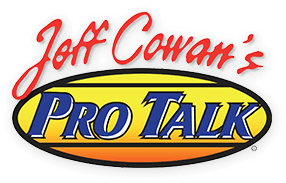

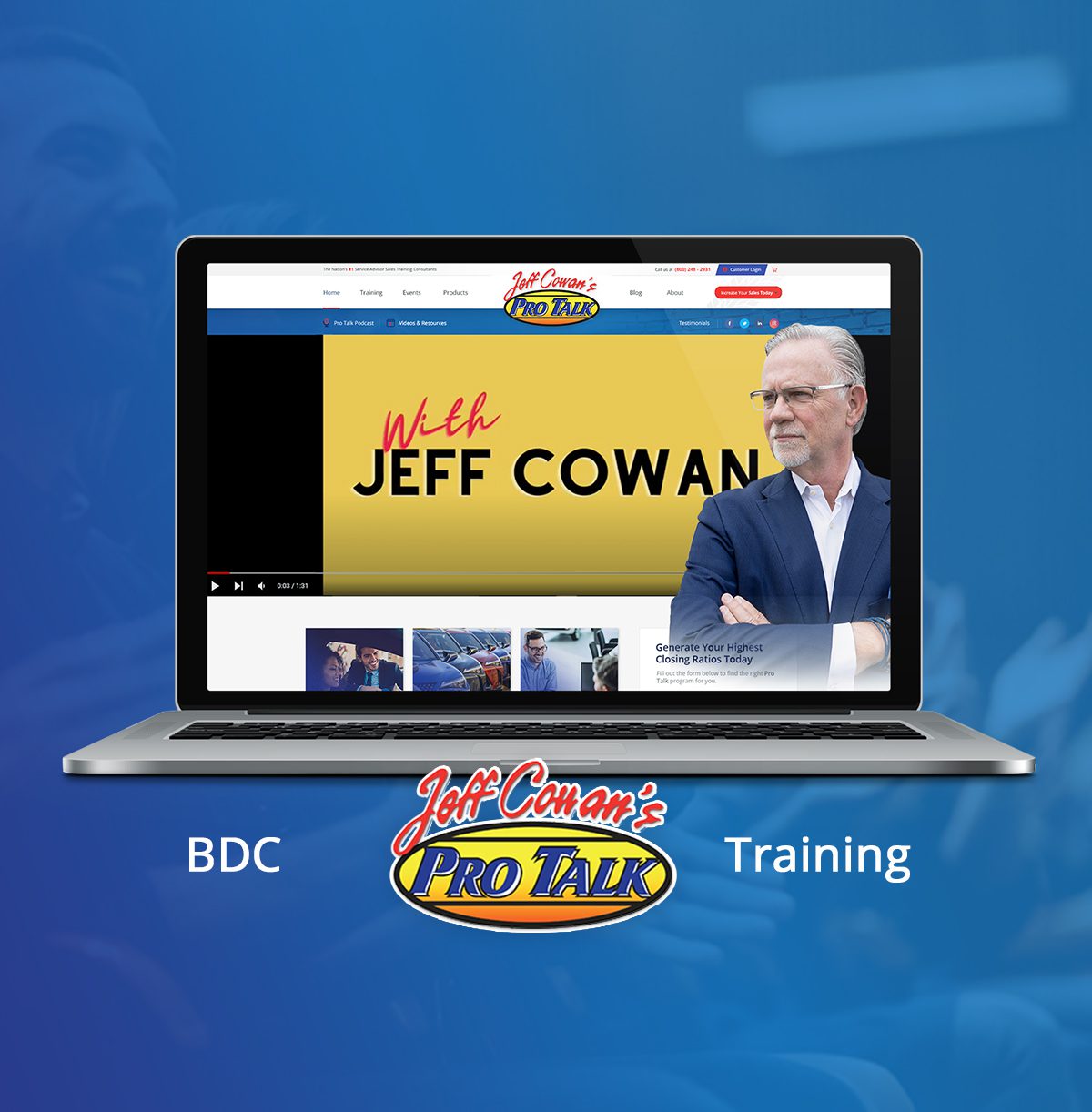
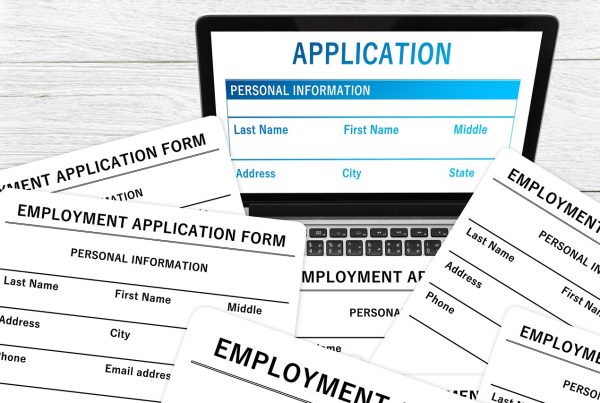
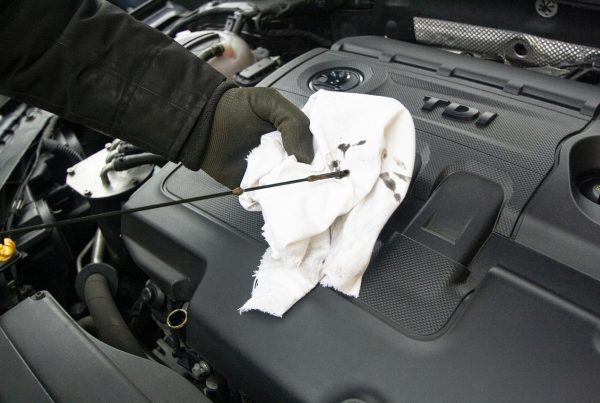
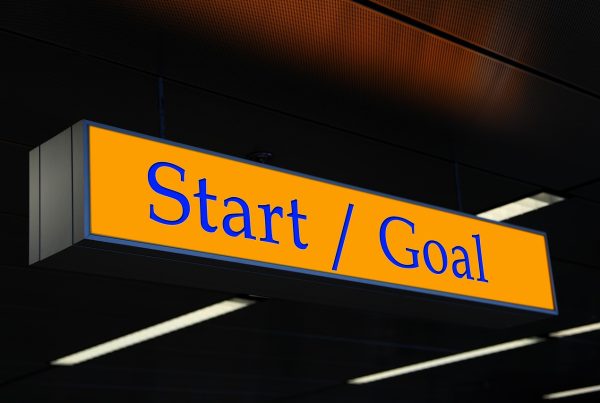

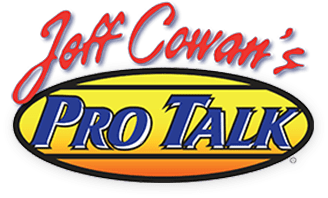
 Based in the USA
Based in the USA